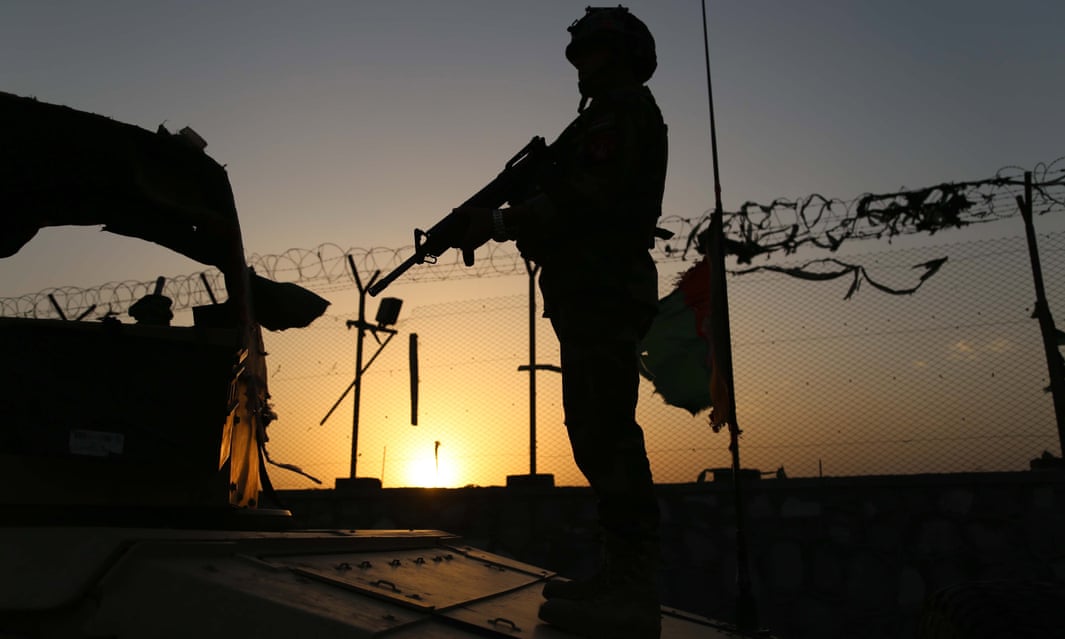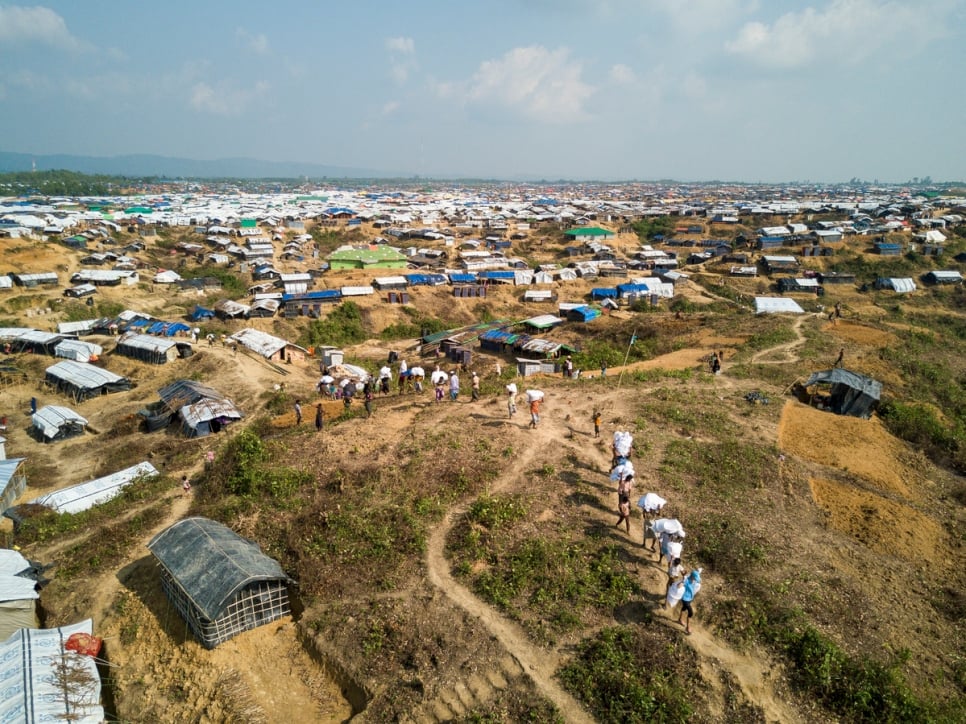Matthew Sneed
Impunity Watch Reporter, The Middle East
United Nations – On January 23, the United States accused the Syrian government of using chlorine gas attacks in the same rebel region four years ago. The chemical attack took place on January 22 in Eastern Ghouta. As of now, 21 people have been admitted to a hospital, including six children. The rebel base near Damascus, Syria’s capital, has fought against the government for the past seven years.

On August 23, 2013, Eastern Ghouta was attacked with a strain nerve agent. This attack killed approximately 1,400 people. While President Assad denied responsibility, he agreed to destroy his arsenal of chemical weapons and promised to never use such weapons in the war. This deal, created by the United States and Russia, prevented an American response. The latest attack on January 23 is, at least, the second report of chemical attacks within the past months. However, there is no official way to determine who launched the attacks because the United Nation’s Security Council panel was disbanded after Russia vetoed the council’s renewal.
The UN called an emergency meeting the day after the attack. During the meeting, US Ambassador Nikki Haley heavily criticized the Russian government for failing to stop Syria. “We know that for years Russia has looked the other way while their Syrian friends use these despicable weapons of war,” she said. “Russia is complicit in the Assad regime’s atrocities. Will the Russian Federation say anything at all today about the suffering caused by Assad’s barbaric tactics? Will they hold Assad to account? Of course not. They never do.”
Haley was not the only U.S. official criticizing Russia. On the same day Haley spoke to the UN, Secretary of State Rex Tillerson spoke in Paris at a meeting where approximately 20 countries were coming together to discuss a new organization that would identify and punish countries who used chemical weapons. Tillerson condemned Russia’s failure to follow through on the agreement in 2013. “There is simply no denying that Russia, by shielding its Syrian ally, has breached its commitments to the United States as a framework guarantor,” he said. “Russia’s failure to resolve the chemical weapons issue in Syria calls into question its relevance to the resolution to the overall crisis.”
Russian officials denied the attacks and called the reports “uncorroborated.” While, Russia has claimed it has a proposal for a new method of investigations involving chemical weapons, Haley stated that the United States would not accept any Russian proposal regarding the matter.
For more information please see:
New York Times – U.S. accuses Syria of New Chemical Weapons Use – 23, Jan. 2018
Newsweek – U.S. blames Russia for Syrian chemical attack – 23, Jan. 2018
CNN – Nikki Haley says Russia is complicit in Syrian atrocities – 24, Jan. 2018



